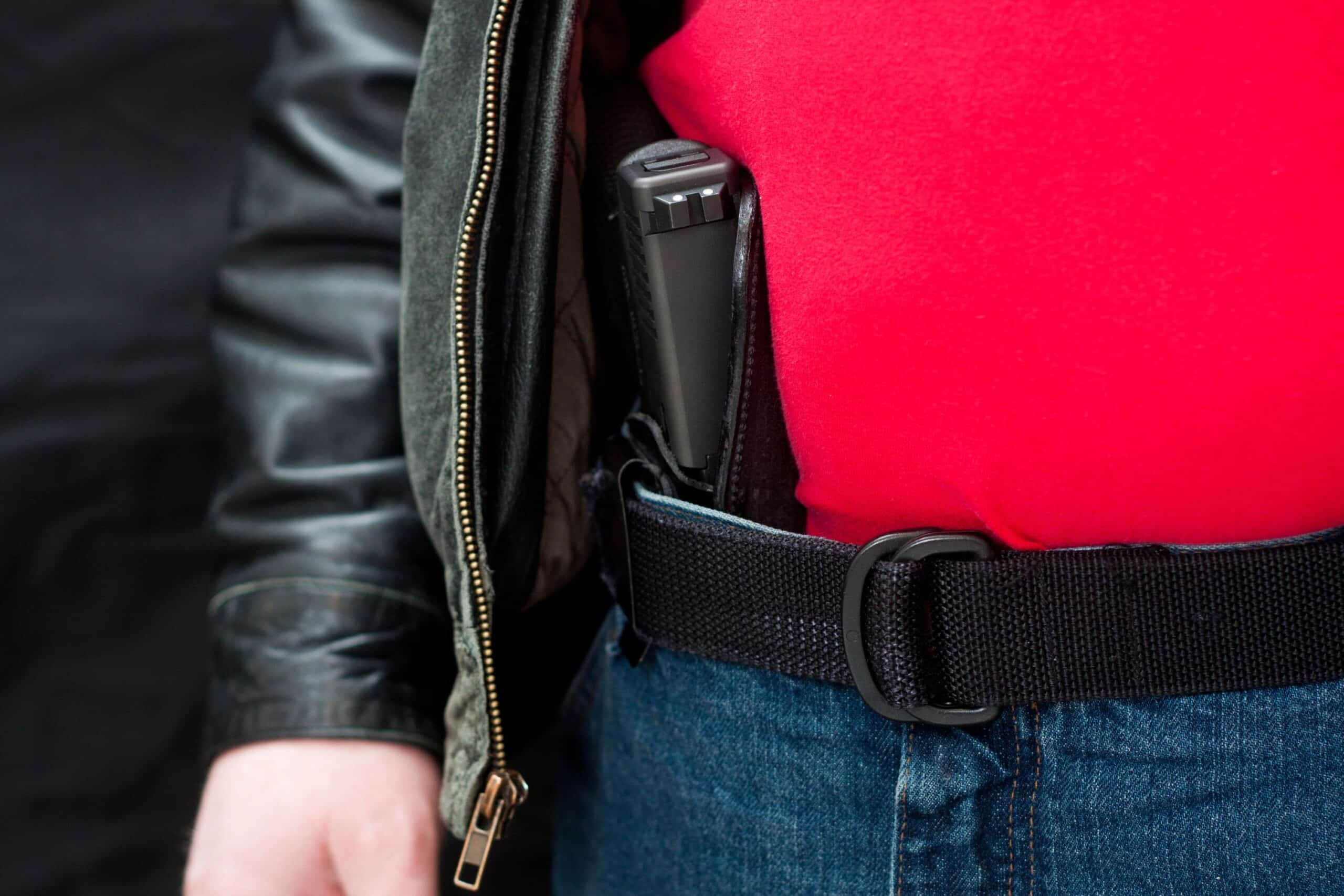Firearms crimes are serious offenses that carry significant legal consequences. In North Carolina, laws relating to firearms are enforced to maintain public safety and regulate the possession, sale, and use of firearms. North Carolina residents need to clearly understand these laws to avoid unintentional violations and protect their rights.
One crucial aspect of firearms regulations in North Carolina is the concealed carry of handguns. Individuals must obtain a concealed carry permit (CCP) from their local sheriff’s office to carry a concealed handgun. The permit allows the holder to carry a concealed handgun in various public places, with some exceptions, such as educational institutions and government buildings. It is important to note that carrying a concealed handgun without a valid permit is a serious offense and can result in criminal charges.
Concealed Carry Laws
North Carolina has specific regulations regarding the concealed carry of firearms. Individuals must obtain a concealed carry permit (CCP) from their local sheriff’s office to carry a concealed handgun. The permit allows the holder to carry a concealed handgun in various public places, with some exceptions, such as educational institutions and government buildings. It is important to note that carrying a concealed handgun without a valid permit is a serious offense and can result in criminal charges.
Felon in Possession of a Firearm
It is unlawful for individuals with felony convictions to possess firearms. Convicted felons are prohibited from owning, purchasing, or possessing any firearm. Violating this law can lead to severe penalties, including imprisonment. Individuals with felony convictions must understand their restrictions regarding firearms possession and comply with the law to avoid further legal trouble.
Assault with a Deadly Weapon
Assault with a deadly weapon involves intentionally using a firearm or any other object capable of causing serious bodily harm. Committing assault with a deadly weapon can lead to felony charges, depending on the circumstances and severity of the harm caused. It is essential to remember that using a firearm during an altercation escalates the seriousness of the offense and may result in enhanced penalties.
Illegal Sale or Transfer of Firearms
Selling or transferring firearms without the necessary licenses and permits is illegal. Private individuals who wish to sell firearms must follow specific guidelines to ensure compliance with the law. Additionally, licensed firearms dealers must adhere to federal and state regulations regarding background checks and record-keeping when conducting sales. Engaging in illegal firearm sales or transfers can lead to criminal charges.
Possession of Firearms in Prohibited Areas
Designates certain areas where firearms possession is prohibited, such as schools, government buildings, and establishments serving alcohol. Violating these regulations can result in criminal charges. It is essential to familiarize yourself with the laws about firearms possession in these restricted areas to avoid accidental violations.
Use of Firearms in the Commission of a Crime
If a firearm is used during the commission of a crime, the penalties can be significantly enhanced. Using a firearm to threaten, harm, or intimidate others during the commission of a crime, such as a robbery or assault, can lead to severe consequences, including mandatory minimum sentences.
Understanding firearms crimes in North Carolina is crucial for residents to ensure compliance with the law and protect their rights. It is important to remember that this blog post provides a general overview and is not intended as legal advice. If you are facing firearms-related charges or have specific questions about firearms laws in North Carolina, it is advisable to consult with a knowledgeable criminal defense attorney who can provide guidance based on your individual circumstances.









